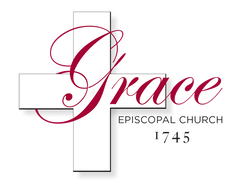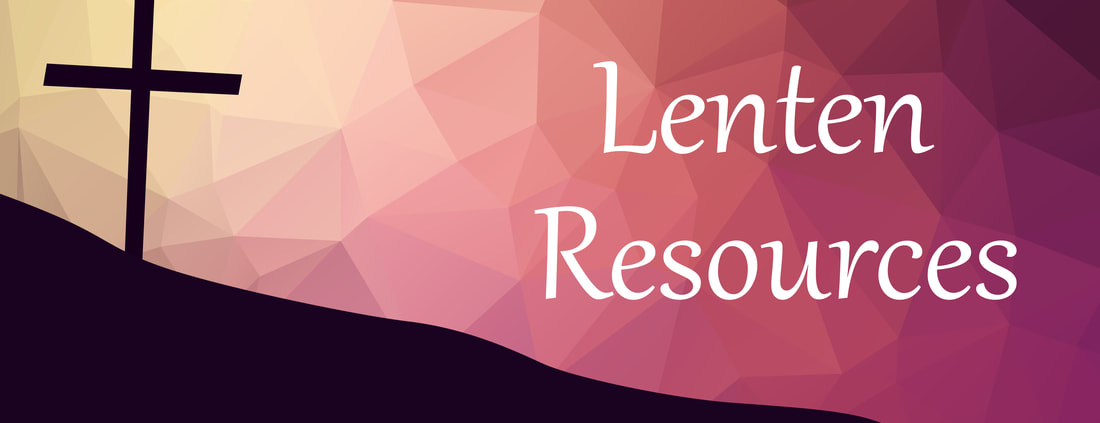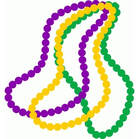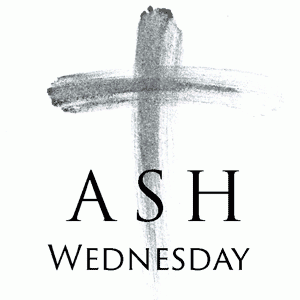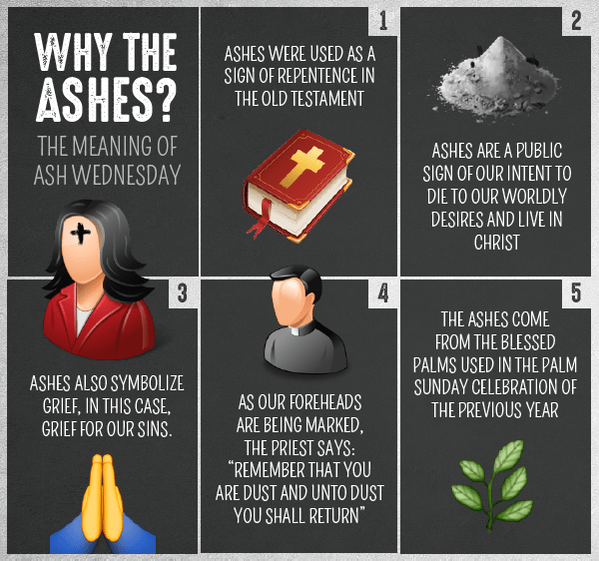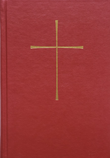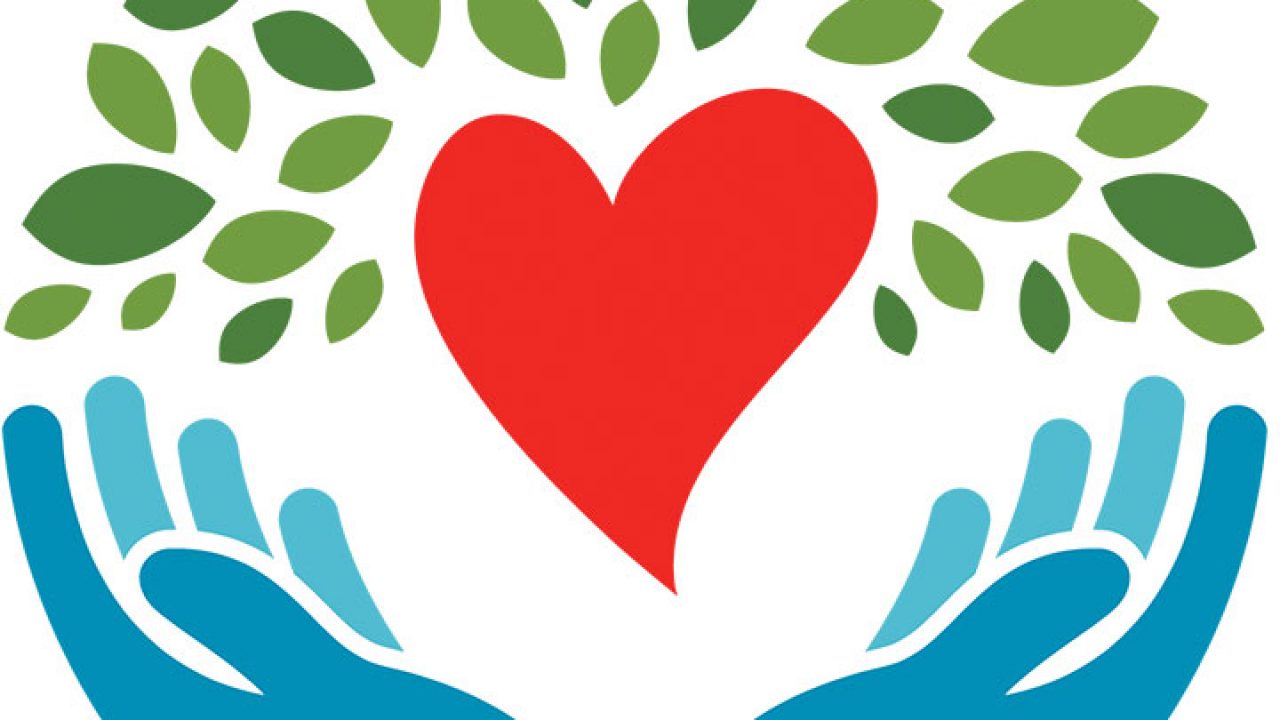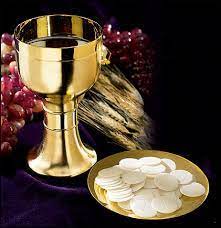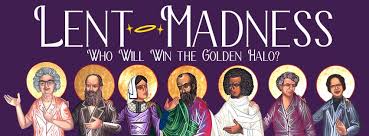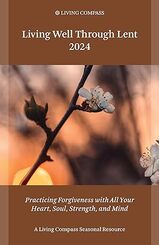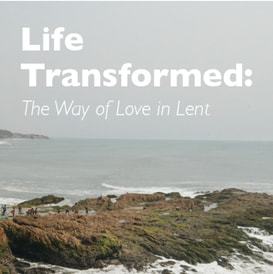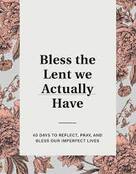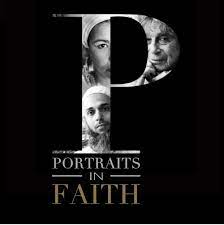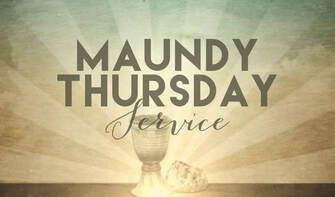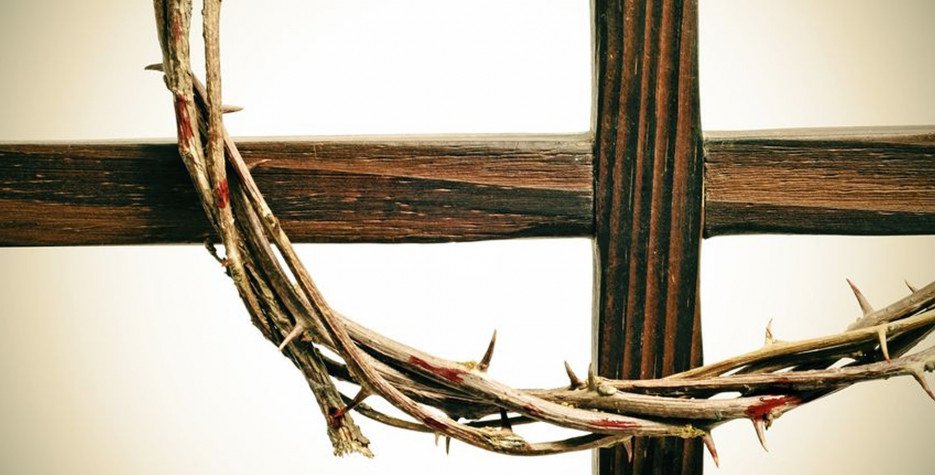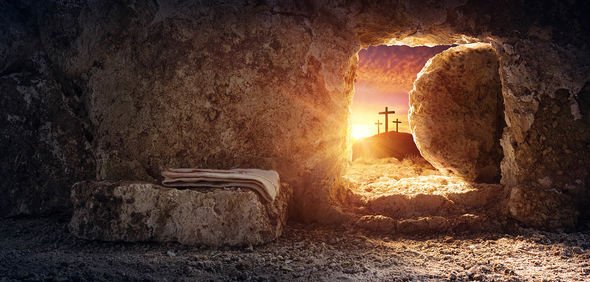Please use these to help your Lenten Journey this Year
We will continue to add to these so keep checking back!
What is Lent?
Lent is a season of the Church Year that calls Christians to focus on repentance and personal devotion in light of the coming celebration of Easter. The forty-day period of Lent connects with many Scriptural events important in the history of salvation: the forty days of the flood, the forty years of Israel’s wilderness wanderings, Moses’ forty days on Mount Sinai when he received the Law, and Jesus’ forty days of temptation in the desert.
The season of Lent is decidedly somber. In the Church’s worship, a penitential tone is expressed in various ways, both liturgically and visually:
We see in this invitation that there are six specific ways in which Christians are called to deepen their devotion in this season:
The season of Lent is decidedly somber. In the Church’s worship, a penitential tone is expressed in various ways, both liturgically and visually:
- Vestments are changed to purple, a color associated with mourning.
- Ornate crosses and other adornments are veiled in the church and all floral decorations are removed. (Crucifixes are left uncovered.)
- The shout of praise “Alleluia” is eliminated from all acts of worship.
- The Eucharist begins with an acclamation that acknowledges our need for mercy. The Celebrant says, “Bless the Lord who forgiveth all our sins,” and the people respond, “His mercy endureth for ever.”
- The Gloria (“Glory be to God on high”) is neither sung nor said, and the service music changes to more penitential settings.
- The Decalogue (The Ten Commandments, see The Book of Common Prayer, page 317) is read or sung at the beginning of Sunday Eucharists.
- The priest’s final blessing over the congregation is replaced with a solemn prayer focusing on the Lenten journey.
We see in this invitation that there are six specific ways in which Christians are called to deepen their devotion in this season:
- By self-examination. This means setting aside time to intentionally reflect upon one’s thoughts and actions, acknowledging the ways in which we fall short of God’s goodness and love.
- By repentance. To repent means to have “a change of heart” and to “turn around” from actions and attitudes contrary to God’s will. This means honestly confessing our sins to God and receiving his forgiveness.
- By prayer. This calls us to take part in the Church’s corporate acts of worship as well as the setting aside of time for personal prayer.
- By fasting. To fast is to abstain from certain foods or all food for a period of time. The reasons for fasting are listed later in this handbook.
- By self-denial. Denying oneself in Lent means giving up certain luxuries, even legitimate pleasures, in order to focus oneself spiritually.
- By reading and meditating on God’s holy Word. In Lent, believers are especially called to read and reflect on Scripture in a daily way.
Shrove Tuesday Pancake Supper, Tuesday, February 13, 5:30-7pm
|
In response to the parish survey, these are the two opportunities for beginning our Lenten observance:
A Bit of Episcopal Humor:
A Lenten Conversation with Fr. Miles on Confession, Sundays, February 18 and 25, 12:30-1pm
Did you realize that The Book of Common Prayer has a ritual for private confession and absolution? It is called “Reconciliation of a Penitent”. Whether or not an Episcopalian ever chooses to use this ritual for confession, it is very insightful for understanding sin, forgiveness, reconciliation, and why this is such an important part of the gospel.
Fr. Miles will be leading a 30-minute conversation on this text on two Sundays after coffee hour, 12:30-1pm, February 18 and 25 (with the option of an additional class on March 3).
Participants are asked to read pages 446-452 in the prayer book prior to class. If you don’t have a prayer book on hand at home then you can access it online here, under the section entitled “Pastoral Offices”: https://www.bcponline.org/.
Please RSVP to Kathy Trossi: [email protected].
Did you realize that The Book of Common Prayer has a ritual for private confession and absolution? It is called “Reconciliation of a Penitent”. Whether or not an Episcopalian ever chooses to use this ritual for confession, it is very insightful for understanding sin, forgiveness, reconciliation, and why this is such an important part of the gospel.
Fr. Miles will be leading a 30-minute conversation on this text on two Sundays after coffee hour, 12:30-1pm, February 18 and 25 (with the option of an additional class on March 3).
Participants are asked to read pages 446-452 in the prayer book prior to class. If you don’t have a prayer book on hand at home then you can access it online here, under the section entitled “Pastoral Offices”: https://www.bcponline.org/.
Please RSVP to Kathy Trossi: [email protected].
The Reconciliation of a Penitent
Private confession to a priest is actually provided for by The Book of Common Prayer for all who desire it in addition to the corporate confession in the Holy Eucharist and Morning Prayer. While private confession to a priest is very familiar to Roman Catholics, the experience of it in the Episcopal Church is usually quite different (i.e. no confessional booth). Obviously, the practice is very unfamiliar to Protestants and can feel scary. Private confession is not required in the Episcopal Church, but it is available in a pastoral and sacramental form for those who desire it. The Seal of the Confession makes the matters discussed between priest and penitent confidential. The content of a confession is not normally a matter of subsequent discussion unless the penitent chooses to speak again of the matter with the priest. Since, in the Episcopal Church, the rite cannot be received anonymously between priest and penitent, but is conducted in private, either in the rector’s office or in the church, with prayer books in hand and providing some opportunity for conversation. If you wish to find out more about this rite or wish to schedule an appointment to receive Reconciliation during Lent then please contact Miles.
Private confession to a priest is actually provided for by The Book of Common Prayer for all who desire it in addition to the corporate confession in the Holy Eucharist and Morning Prayer. While private confession to a priest is very familiar to Roman Catholics, the experience of it in the Episcopal Church is usually quite different (i.e. no confessional booth). Obviously, the practice is very unfamiliar to Protestants and can feel scary. Private confession is not required in the Episcopal Church, but it is available in a pastoral and sacramental form for those who desire it. The Seal of the Confession makes the matters discussed between priest and penitent confidential. The content of a confession is not normally a matter of subsequent discussion unless the penitent chooses to speak again of the matter with the priest. Since, in the Episcopal Church, the rite cannot be received anonymously between priest and penitent, but is conducted in private, either in the rector’s office or in the church, with prayer books in hand and providing some opportunity for conversation. If you wish to find out more about this rite or wish to schedule an appointment to receive Reconciliation during Lent then please contact Miles.
Special Acts of Discipline and Self-Denial during Lent
The Book of Common Prayer identifies Ash Wednesday, the weekdays of Lent (especially Fridays) and Holy Week (especially Good Friday) to be days appropriate for “special acts of discipline and self-denial.” This can take many different forms, according to your discretion.
One of the classic disciplines during Lent is to practice abstinence and fasting in relation to food. Abstinence is declining to consume specific foods without necessarily decreasing your overall consumption of food. Fasting is decreasing your overall level of consumption for a specific time. Some options for abstinence and fasting include:
These days, abstinence and fasting as a spiritual practice is easily foreign to us. The reason for abstinence and fasting can be varied:
You are free to choose any of these disciplines according to your conscience—or choose none at all. Choices to abstain or fast are a private matter (Matthew 6:1-6; 16-21).
A relatively modern tradition of special acts of discipline has also emerged as an alternative/addition to abstinence and fasting—so rather than only taking something away from your life, this involves adding something good to the practice of your spiritual life. This is also a matter of conscience. Examples would be participating in other Lenten opportunities, going to church more often than you usually do, reading a book of the Bible, reading a religious/devotional book, dedicating yourself to prayer/meditation/contemplation, volunteering, experimenting with bowing and self-crossing in worship, truly observing some Sabbath-time, etc.
Additional Resources
The Book of Common Prayer identifies Ash Wednesday, the weekdays of Lent (especially Fridays) and Holy Week (especially Good Friday) to be days appropriate for “special acts of discipline and self-denial.” This can take many different forms, according to your discretion.
One of the classic disciplines during Lent is to practice abstinence and fasting in relation to food. Abstinence is declining to consume specific foods without necessarily decreasing your overall consumption of food. Fasting is decreasing your overall level of consumption for a specific time. Some options for abstinence and fasting include:
- Abstaining from meat throughout Lent. Fish has normally been allowed.
- Abstaining from meat on the Fridays of Lent or only Good Friday.
- Abstaining from other foods of your choice.
- Fasting on the Fridays of Lent or only Good Friday.
- Fasting during the first two days of the Holy Triduum, i.e. Maundy Thursday evening through Holy Saturday evening.
These days, abstinence and fasting as a spiritual practice is easily foreign to us. The reason for abstinence and fasting can be varied:
- To go deeper than the ideas of Christianity and experience in your body your desire to serve God.
- To practice a limited and focused form of self-discipline as a preparation for the larger forms of self-discipline to which the Gospel always invites us: loving others, praying for our enemies, forgiving, truth-telling, sustaining the bonds of love and affection, and more.
- To identify with the sufferings of others in the world and break out of our own self-preoccupation for a little while.
- To free up monies spent for food which can then be donated to help others.
You are free to choose any of these disciplines according to your conscience—or choose none at all. Choices to abstain or fast are a private matter (Matthew 6:1-6; 16-21).
A relatively modern tradition of special acts of discipline has also emerged as an alternative/addition to abstinence and fasting—so rather than only taking something away from your life, this involves adding something good to the practice of your spiritual life. This is also a matter of conscience. Examples would be participating in other Lenten opportunities, going to church more often than you usually do, reading a book of the Bible, reading a religious/devotional book, dedicating yourself to prayer/meditation/contemplation, volunteering, experimenting with bowing and self-crossing in worship, truly observing some Sabbath-time, etc.
Additional Resources
- “Daily Devotions for Individuals and Families”: These are simple one-page devotions in the prayer book, pages 136-140, or online under “The Daily Office” at https://www.bcponline.org/.
- “Forward Day by Day”: This ministry of the Episcopal Church since 1935 publishes daily devotions throughout the year. Pick up your copy at the church office or view online at https://prayer.forwardmovement.org/fdd.
Daily Devotions for Individuals and Families
Lent Madness by Forward Movement has become a popular bracket competition and fun, engaging way for people to learn about the men and women comprising the Church’s Calendar of Saints. Vote for your favorite saint and see who wins the golden halo in 2022. Who says you can’t have fun in Lent?
Living Well Through Lent 2024Living Well through Lent 2023by Living Compass offers daily reflections in print and by email. Look for their Facebook page for an online community to follow up on weekly reflections.
You can download the reflections here |
Way of Love: Life TransformedWay of Love: Life Transformed offers a set of seven Adult Forums that relates the Easter Vigil readings to the seven practices of the Way of Love. Way of Love: Life Transformed is also available as a single day retreat.
|
Bless the Lent We Actually HaveA daily devotional specifically for Lent from Dr. Kate Bowler, a New York Times best selling author, podcast host, and professor at Duke Divinity School.
|
The Way of the Cross at Grace Episcopal Church

Join us at Grace to walk The Way of the Cross or follow it online. It will be available to walk starting on Ash Wednesday and continuing through Easter Sunday. The walk begins by near the Playhouse and follows along the back ring road through our graveyard. The link for the online version can be found below:
The Soul's Journey Stations of the CrossThe Soul’s Journey, offered through Forward Movement, presents beautiful imagery of the stations of the cross with reflections by well-known faith leaders to help participants relate this story of self-sacrifice and profound love to their own lives.
|
Portraits in Faith
|
This unusual website offers a remarkable glimpse into the personal experience of faith of many people from 27 countries, with photos, videos, and insightful texts. There are Christians and other religious. Some experiences will be remarkably identifiable and others very different. The interviewer’s questions range along these lines:
o Tell me about your earliest memory of faith. o What was the first time in your life you felt like you had to, or chose to rely upon God (as you understand God)? o Tell me about a time you doubted your faith, and what happened. o What are you most grateful for? o What is your greatest wish? o Do you have a message? |
Episcopal Relief Lenten Reflections
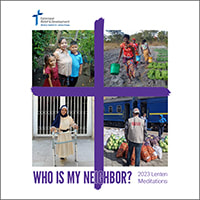
This year, the Lenten Meditations will focus on that transformation. These reflections are organized into Episcopal Relief & Development’s priorities: Women, Children and Climate, and include a focus on our Disaster Resilience & Response work. We invite you to read them throughout Lent and share with those close to you. As a part of our goal to become a carbon-neutral organization, Lenten Meditations are now delivered only via email and as downloadable PDFs. Both options are included below.
Open Church
Open Church
Bring some reading, use the prayer book resources, pray, or just be quiet for a while in this sacred space.
Bring some reading, use the prayer book resources, pray, or just be quiet for a while in this sacred space.
Holy Week
Easter Day
March 31
9 am All Saints Chapel & 11 am Grace Church
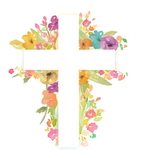
Flowering Cross
Please bring flowers to add to our Cross which will be in front of the entrance of our church prior to the 11am service
Please bring flowers to add to our Cross which will be in front of the entrance of our church prior to the 11am service

Easter Egg Hunt
We will have our annual Easter Egg Hunt following our 11am service. Contact Suzanne at [email protected] if you can help hide eggs or help with the hunt.
There will be empty eggs you can take home to fill and return a few weeks prior to Easter Sunday.
We will have our annual Easter Egg Hunt following our 11am service. Contact Suzanne at [email protected] if you can help hide eggs or help with the hunt.
There will be empty eggs you can take home to fill and return a few weeks prior to Easter Sunday.
